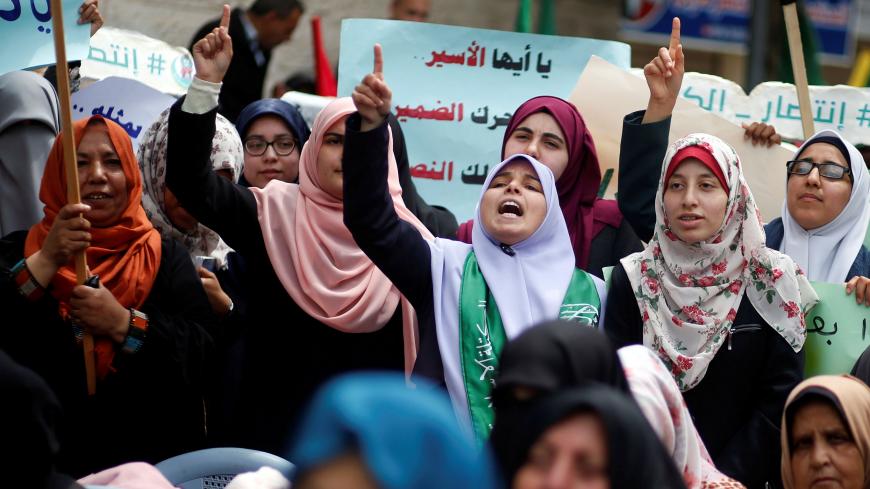The Hamas prisoner hunger strike came to an end April 15, and each side can view the agreement as an achievement. Israel agreed to install public phones in the prisons. The phone conversations will be monitored, thus allowing the prisoners to talk to family members, while maintaining the cell-phone jamming that prevents the use of phones smuggled into the prisons.
It all began in January with the controversial decision of Public Security Minister Gilad Erdan to clamp down on high-security prisoners. A pilot program began one month later in two prisons, Ketziot and Ramon, to jam cellular signals. The Shin Bet did not oppose the very logical step to prevent the prisoners from using smuggled cell phones, but felt that the timing was off: Israel was in the throes of an election campaign and also trying to reach an arrangement in Gaza. Members of Israel’s security system felt that while the minister’s actions were perhaps warranted, they were unwise at that point in time: Smuggled cell phones did not constitute a security threat to the State of Israel. The Shin Bet will never acknowledge it publicly, but we can assume that most of the cell phones smuggled into prisons are known to the security system. (There are evidently only several dozen of them.) The phones remained the only option for prisoners to maintain contact with family members after Israel stopped all family visits from Gaza to the prisons.



